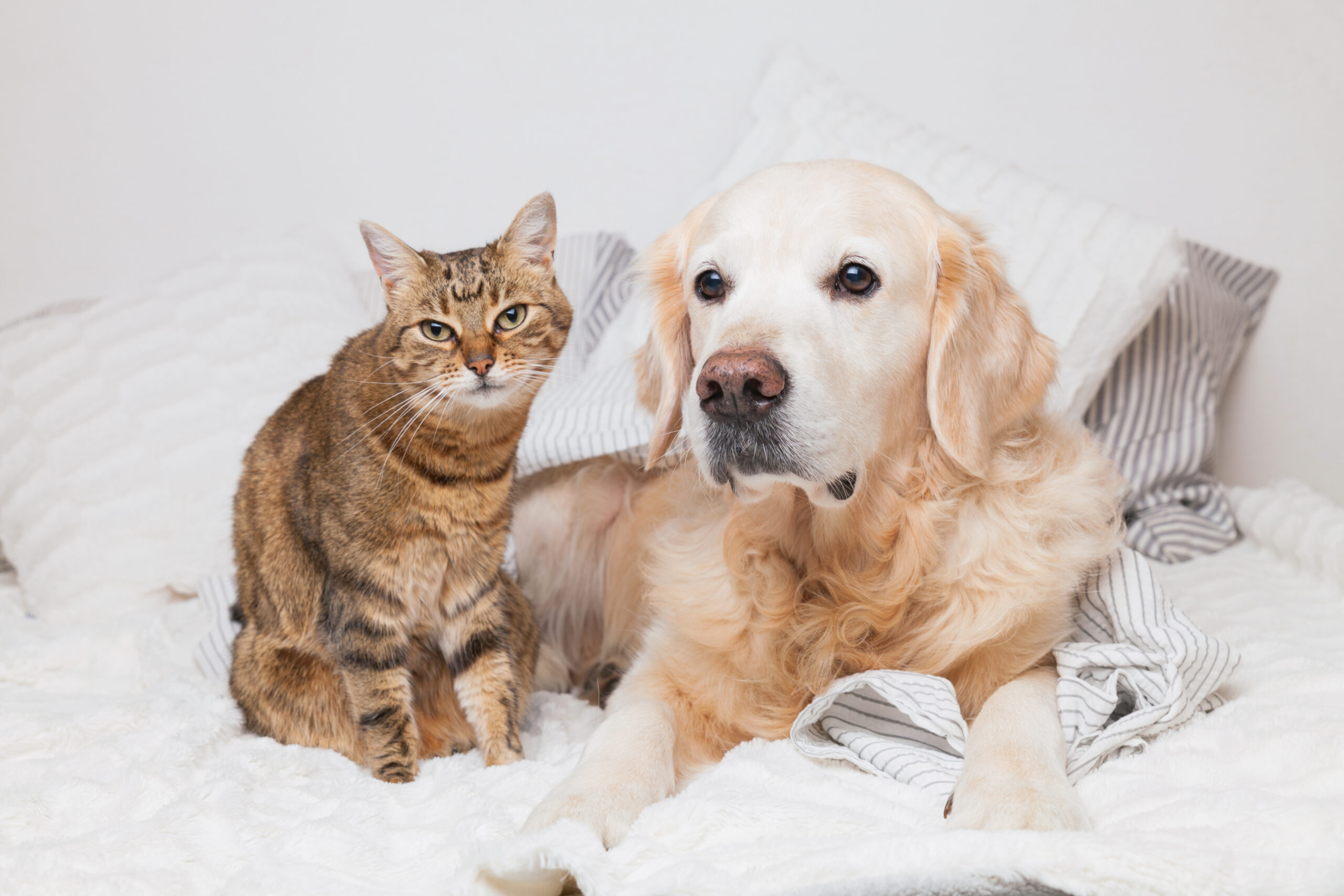Dogs, cats, and other companion animals are often treated like children and considered irreplaceable family members. Many people undergoing a divorce worry about what will happen to their beloved pet. In some states, there are pet custody laws that protect the best interests of a pet. However, in other states, pets are considered personal property. Regardless of whether your state enforces pet custody laws, you can protect your relationship with your companion animal in the event of a divorce by creating a pet custody plan. In many states, the court will recognize and enforce pet custody agreements. If you are worried about pet custody, contact our trusted Bristol County Divorce Lawyers and continue reading to learn how we can help you construct a pet custody plan that prioritizes your pet’s best interests.
Should I create a pet custody plan?
Families often consider pets part of their family, making people wonder whether any laws protect the interests of their animal companions in the event of a divorce. Unfortunately, in Massachusetts, there are no specific laws regarding pet custody. Even if you see your pet as family, the court only views it as personal property. Therefore, if your pet were acquired during the marriage, it would be subject to equitable distribution, just like a couch bought together would be, as it is a marital asset. Ultimately, pets will be awarded to one of the divorcing parties. This is because there are no pet custody laws which mean there are no custody or visitation rights, meaning the companion animal cannot be shared. If you do not want to part ways with your beloved pet forever in the event of a divorce, you should consider establishing a pet custody plan.
Pet custody agreements are similar to prenuptial agreements as they are legally binding contracts that stipulate what happens in the event of a divorce. Courts can recognize pet custody agreements and enforce them as long as both parties agree to the terms outlined in the contract. With a pet custody agreement, you can determine living arrangements, schedule visitation times, identify who is responsible for vet care, and make any other relevant pet-related decisions. When creating a pet custody agreement, it is imperative to consider your pet’s best interests. Sometimes pets are better suited to living with one party rather than switching homes. Similar to children, pets often benefit from having stability and consistency. Therefore, you should make sure your pet can adjust to shared custody.
As a pet owner, you should consider creating a pet custody plan as it can safeguard your relationship with your companion animal in the event of a divorce. Contact The Law Offices of Cynthia L. Hanley, P.C. today to learn more about pet custody agreements.

